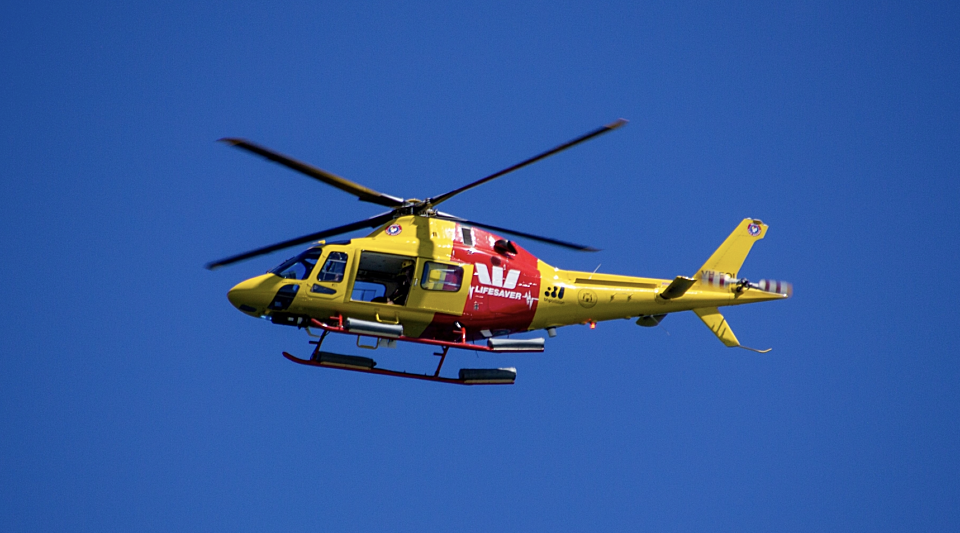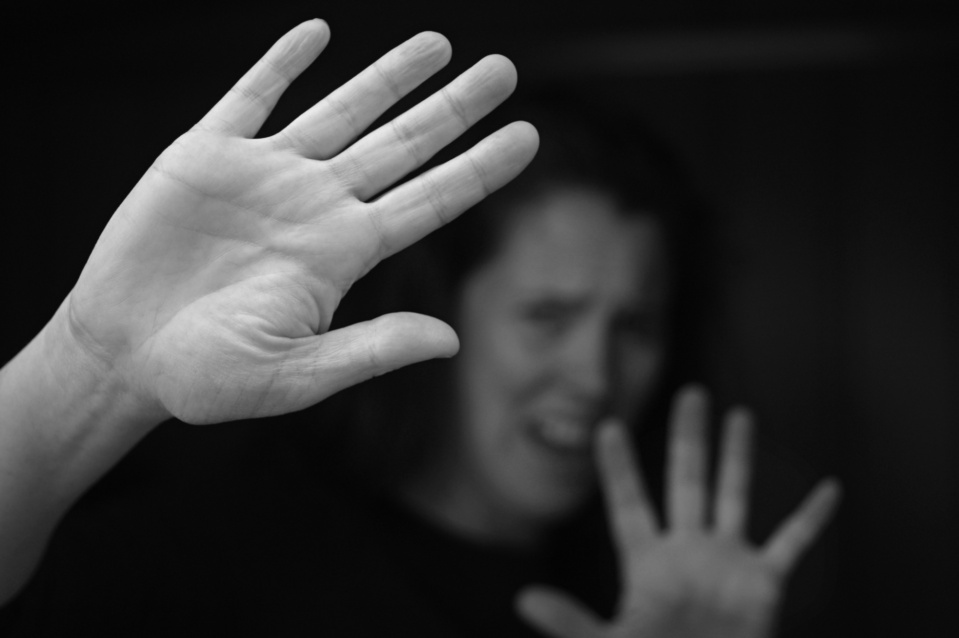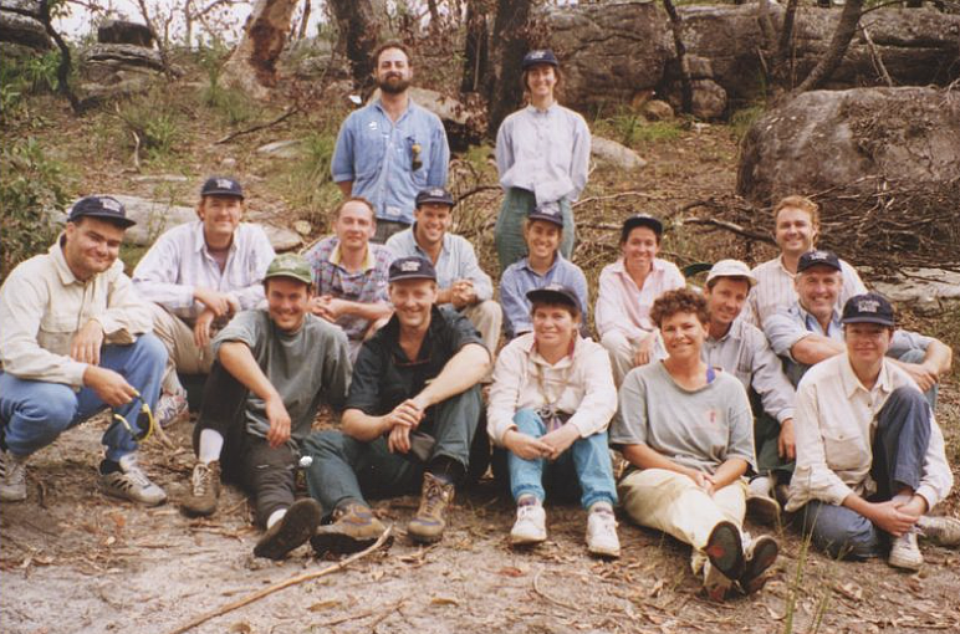
ICDA and BoardPro partnership unlocks digital governance tools for not-for-profits nationwide
Posted on 10 Dec 2025
Adele Stowe-Lindner, Executive Director, Community Directors The Institute of Community Directors…
Posted on 13 Aug 2024
By Matthew Schulz, journalist, Institute of Community Directors Australia

A report on Australian bequest trends shows that only 1% of the $150 billion in annual inheritances goes to charity.

The report by leading financial services firm JB Were also found that while Australia ranks among the world’s wealthiest nations, gifts in wills lag behind those in other developed countries.
In the US, 4.4% of inherited wealth (AU$69 billion) is donated through bequests, while in the UK 3.7% (AU$7.6 billion) is donated. New Zealand bequests are on par with Australia’s, at about 1% of inheritances.
The Bequest Report found that in a typical year, 20 of the largest 50 philanthropic gifts given in Australia are charitable bequests. Those gifts are usually given without restrictions on how the money is to be spent. For charities, they represent a six-fold return on the cost of attracting them.
The report estimated that total inheritances in the coming 20 years would amount to $5.4 trillion, a big increase on the Productivity Commission’s previous estimate of $3.5 trillion, yet Australia currently “falls far short of international peers” when it comes to lifetime giving and bequests.
Currently about 6.5% of Australian wills include a gift to charity, compared to 10% in the US and 13.7% in the UK.
JB Were’s head of philanthropic services, Shamal Dass, said in a foreword, “This period of wealth transition is a once-in-a-generation opportunity to unlock significant pools of capital … for social impact”.

He said the same period has also seen an increase in disadvantage.
“We believe that a deeper understanding of bequests, and philanthropy more generally, will help increase the flow of capital to the social sector to help address some of these pressing social and environmental needs.”
Fundraising strategist Catherine Brooks – a member of the Community Directors Council, which advises the Institute of Community Directors Australia – attended the official launch and said that not-for-profits with great community connections were well placed to benefit from bequests in people’s wills.
She said that all NFPs should establish a “gifts in wills” program, which could include creating a web page encouraging bequests, creating connections with will-making companies, explaining the benefits with case studies, quizzing supporters about potential gifts, and thanking those who make a bequest.
She said organisations could approach givers at major life transitions such as marrying, having children and purchasing a home, events that are likely to have them thinking about their wills.
Gifts in wills had the benefit of not being taxable, she said.
Ms Brooks noted that the average gift in a will was $60,000, but said “charities need to do a better job at explaining to supporters that we are open for business when it comes to gifts in wills”.
And she stressed that waiting until people were at retirement age was leaving it too late to ask.
“If you don’t ask, you don’t receive.”
The philanthropy manager at the Royal Flying Doctor Service (RFDS) Victoria, Naomi Lehrer, said gifts in wills were one of the RFDS’s greatest sources of funding.
“The generosity of our loyal supporters makes it possible for us to provide medical care and attention to those who need it wherever they are,” Ms Lehrer said.

Posted on 10 Dec 2025
Adele Stowe-Lindner, Executive Director, Community Directors The Institute of Community Directors…

Posted on 10 Dec 2025
The Australia Institute has called on the federal government to force Australian businesses to be…

Posted on 10 Dec 2025
Economic empowerment is essential to enabling recovery, restoring agency and preventing future…
Posted on 10 Dec 2025
A long-time advocate for rough sleepers in northern New South Wales has been named her state’s…

Posted on 10 Dec 2025
What a year 2025 has been, particularly at a national level where the Parliament and politics as we…

Posted on 10 Dec 2025
Anyone working in an organisation knows it: meetings follow one after another at a frantic pace. On…

Posted on 10 Dec 2025
As a qualified yoga instructor who learned the practice in her hometown of Mumbai, Ruhee Meghani…

Posted on 10 Dec 2025
Community Directors trainer Jon Staley knows from first-hand experience the cost of ignoring…

Posted on 10 Dec 2025
Stressed, overwhelmed, exhausted… if you’re on a not-for-profit board and these words sound…

Posted on 10 Dec 2025
The Institute of Community Directors Australia trains over 22,000 people each year, which gives us…

Posted on 09 Dec 2025
The late Sir Vincent Fairfax is remembered as a business leader, a chairman of AMP, and an active…

Posted on 08 Dec 2025
A pioneering welfare effort that helps solo mums into self-employment, a First Nations-led impact…